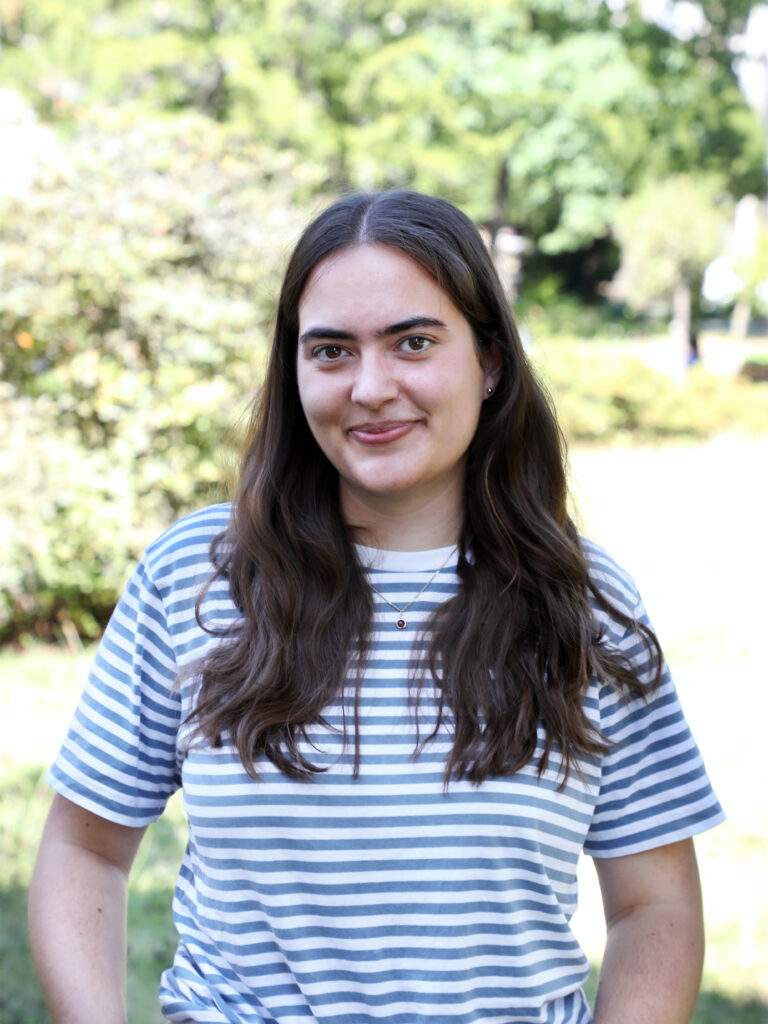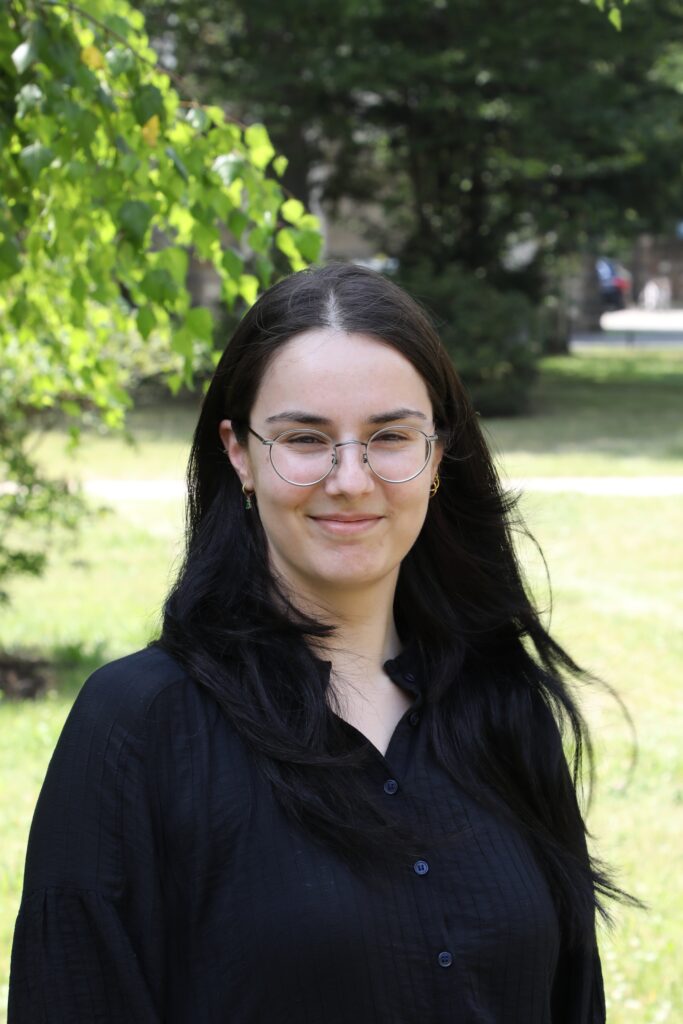How can digital innovations help psychobiology in support of digital innovations?
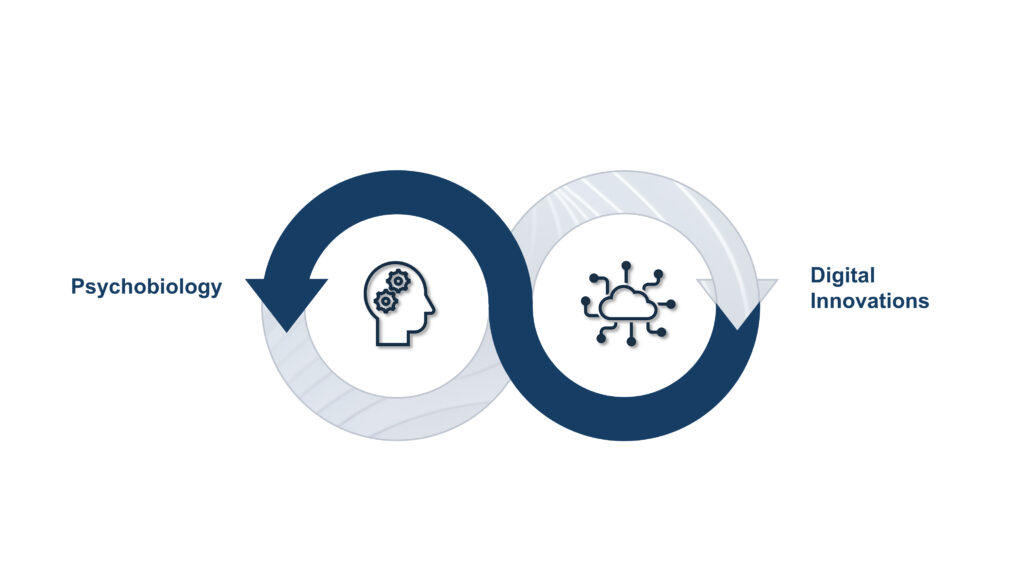
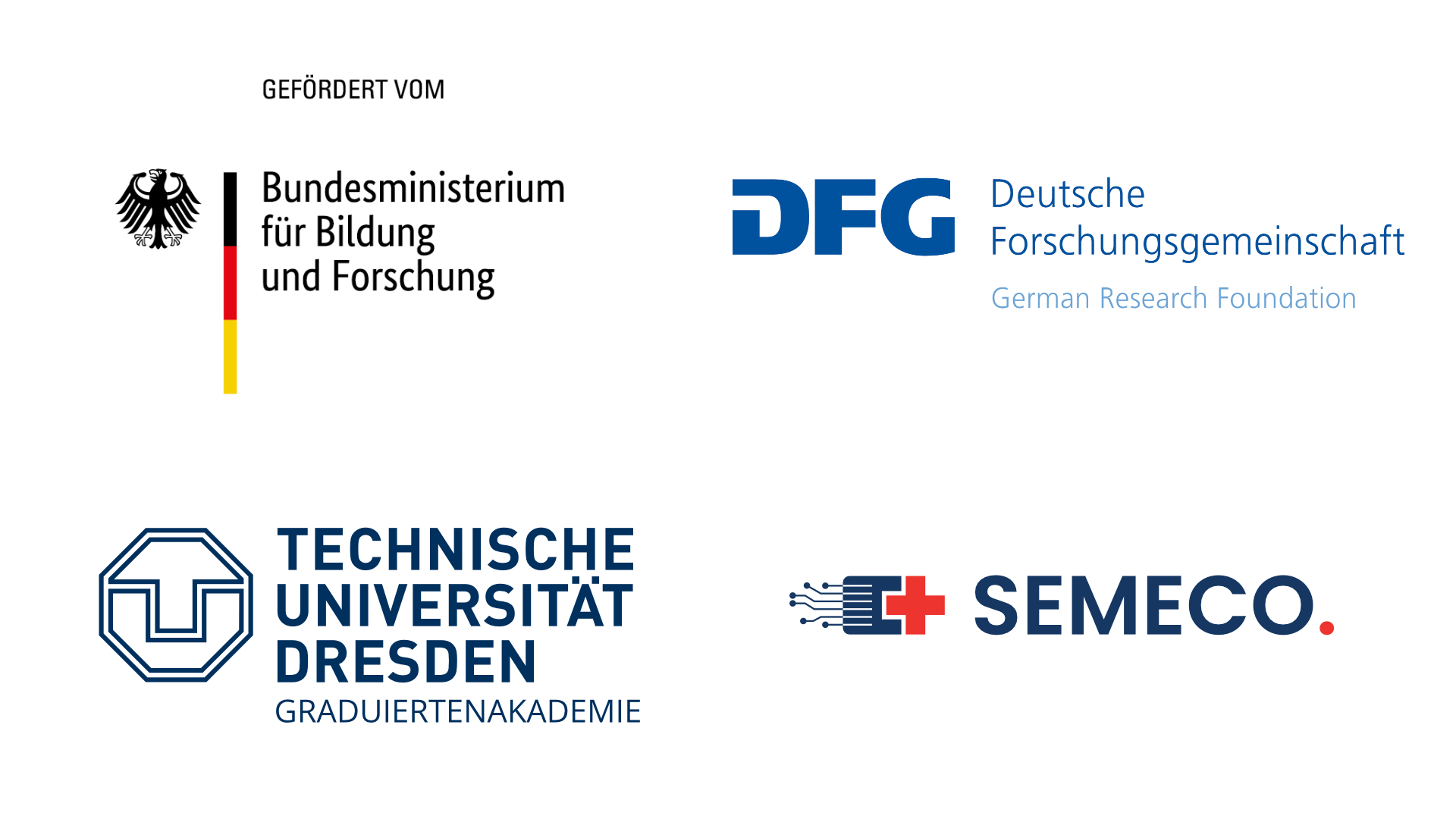
Mission
The central mission of our research group is to leverage the synergy between the advancement of psychobiological methodology through digital innovations and the evaluation and improvement of digital innovations through these advancements.
Within our interdisciplinary and interprofessional team of psychologists, medical doctors, and technicians, we want to gain a better understanding of the pathophysiological causes and consequences of chronic stress in an increasingly digitized world, as well as to develop digital prevention and intervention programs which are applicable in daily life.
PsychoDigital Research Lab
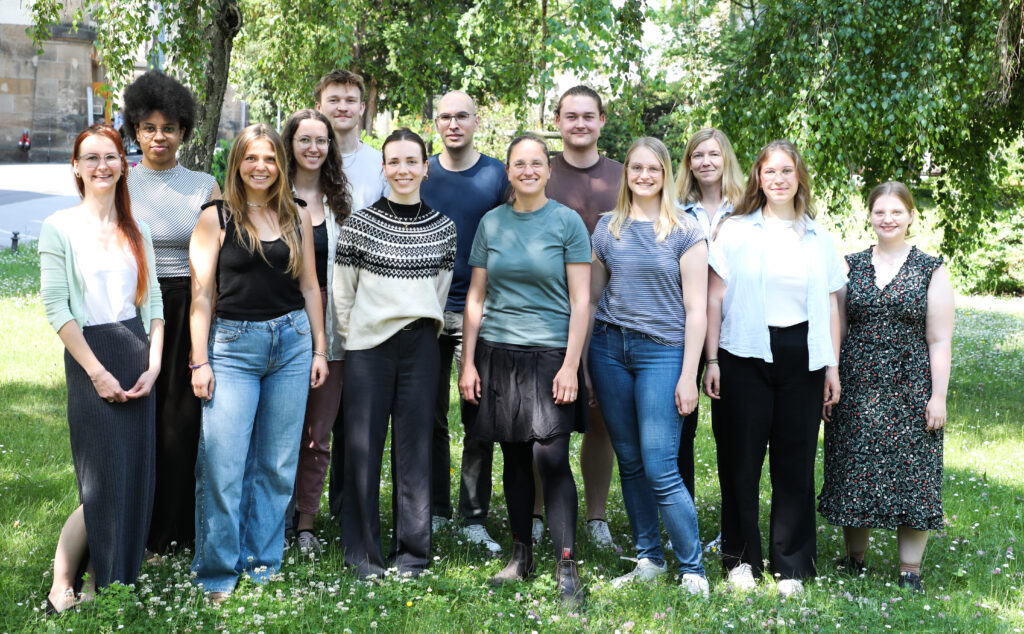
At the Wekenborg lab, we are passionately driven by enthusiasm and curiosity in exploring the interplay between the body and brain in relation to processes of digitalization and chronic stress and its psychopathological consequences. The core of our research concept revolves around the integrated use of established and innovative psychobiological methods in both laboratory and everyday settings.
Dr. rer. nat. habil.
Magdalena Katharina Wekenborg
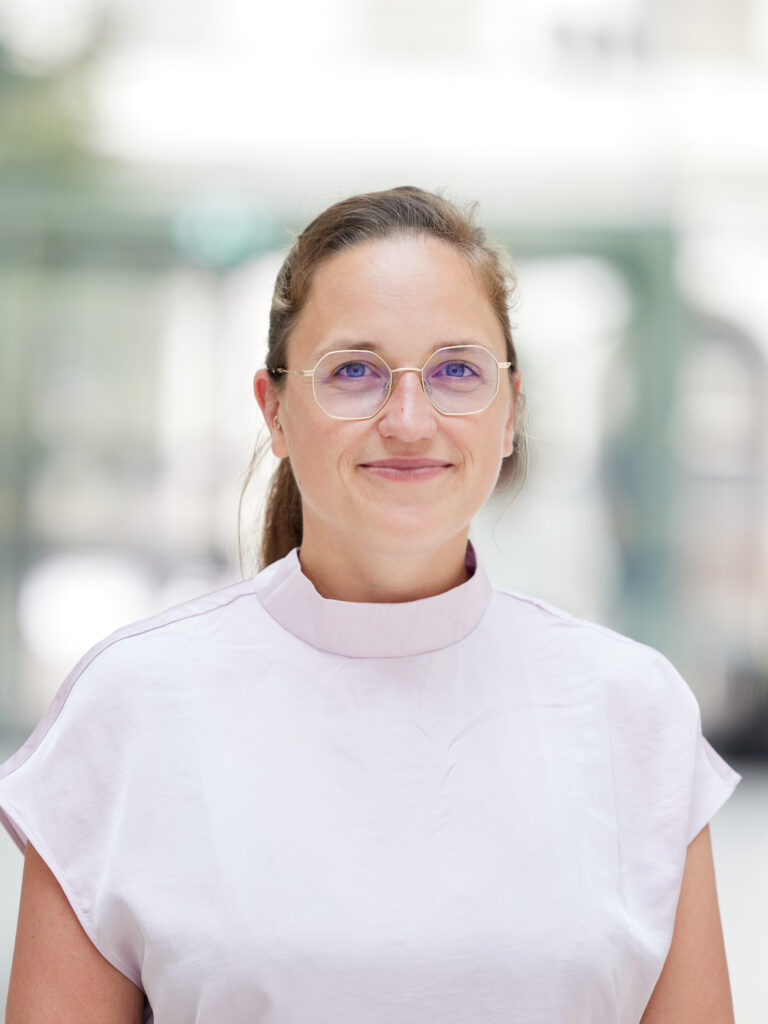
Dr. Magdalena Wekenborg is a psychobiologist and junior research group leader at the Else Kröner Fresenius Center for Digital Health. Her research focuses on the application of psychobiological methods to investigate the foundations and consequences of psychological and physiological stressors in digitized workplaces and beyond.
Contact
We are always looking for collaboration partners and members (interns, thesis projects, employees) to join our research group.
If you are interested, please send an email to
CovEx Study Participation | Teilnahme an CovEx Studie
1. Bitte führen Sie zuerst das Screening durch.
2. Im Anschluss können Sie sich für einen Termin anmelden.
Im Rahmen unserer „CovEx“ Studie untersuchen wir, welche Personen nach einer akuten COVID-19-Infektion oder im weiteren Verlauf Erschöpfungssymptome entwickeln. Untersucht werden sowohl psychologische als auch biologische Marker. Um besser zu verstehen, welche Faktoren während und nach der akuten Infektionsphase zu Post-COVID-Erschöpfungssymptomen führen, erfolgt der erste Untersuchungstermin im Zeitraum von vier bis maximal 15 Wochen nach der akuten COVID-19-Infektion oder zu einem späteren Zeitpunkt bei anhaltenden Beschwerden. Sie werden zu zwei weiteren Untersuchungsterminen innerhalb eines Jahres eingeladen, um den Verlauf der Erschöpfungssymptome besser nachvollziehen zu können.
Die drei Untersuchungstermine folgen jeweils einem ähnlichen Ablauf:
- Vor Ihrem Besuch erhalten Sie von uns digitale Fragebögen, die Sie bequem zu Hause ausfüllen können.
- Während des Termins vor Ort erfolgt eine Blut- und Haarentnahme. Im Rahmen der Blutuntersuchung wird ein Differentialblutbild erstellt sowie die Konzentration relevanter Entzündungsmarker bestimmt. Die Haaranalyse ermöglicht die Messung des längerfristigen Stresses anhand des abgelagerten Cortisolspiegels.
- Zusätzlich erheben wir gesundheitsrelevante Faktoren, wie Ihre Gedächtnisleistung sowie Handgriffkraft und messen Ihre Herzrate im Labor und über 72 Stunden in Ihrem Alltag. Selbstverständlich informieren wir Sie über alle erhobenen Werte, die für Sie von Interesse sind.
Wir freuen uns, wenn Sie an unserer Studie teilnehmen und uns dabei helfen, das Verständnis für Post-Covid-Symptome zu vertiefen. Über die Schaltflächen vor dem Text können Sie freie Termine buchen.
Publications
Selection
Wekenborg M, Förster K, Schweden F, Weidemann R, Bechtolsheim F, Kirschbaum C, Weitz J, Ditzen B. Differences in Physicians’ Ratings of Work Stressors and Resources Associated With Digital Transformation: Cross-Sectional Study, J Med Internet Res 2024;26:e49581, DOI: 10.2196/49581
Welzel C, Cotte F, Wekenborg M, Vasey B,McCulloch P, Gilbert S.
Holistic Human-Serving Digitization of Health Care Needs Integrated Automated System-Level Assessment Tools. J Med Internet Res 2023;25:e50158. doi: 10.2196/50158
Wekenborg, Magdalena & Dawans, Bernadette & Hill, LaBarron & Thayer, Julian & Penz, Marlene & Kirschbaum, Clemens. (2019). Examining reactivity patterns in burnout and other indicators of chronic stress. Psychoneuroendocrinology. 106. 10.1016/j.psyneuen.2019.04.002.
Who We Are
Group Leader
Group Members
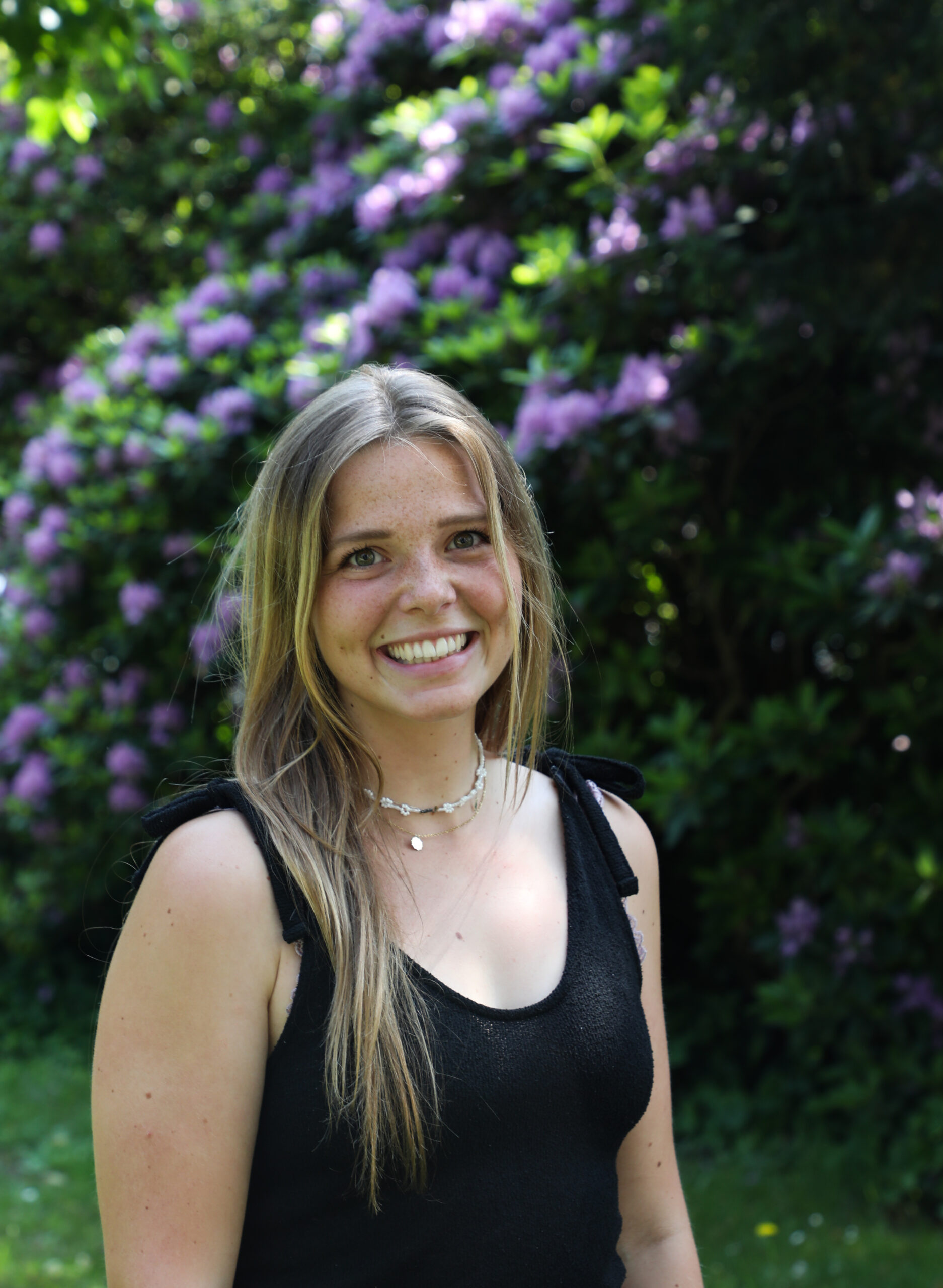
Constanze Cramer
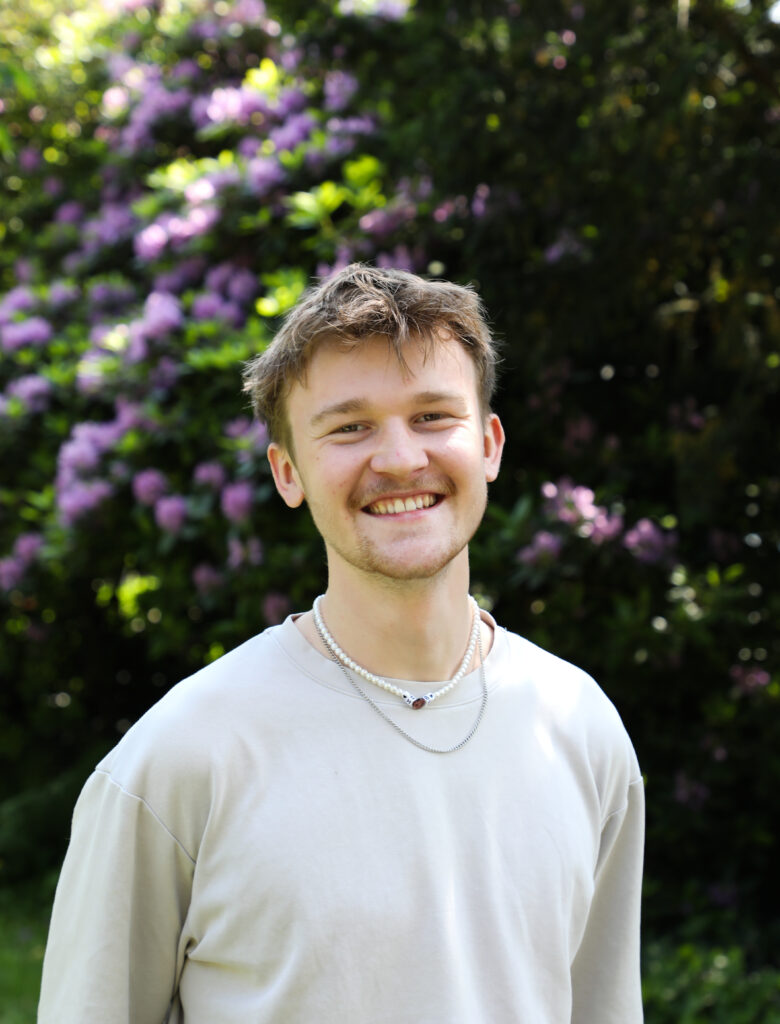
Matti Kropp
Julian Eder
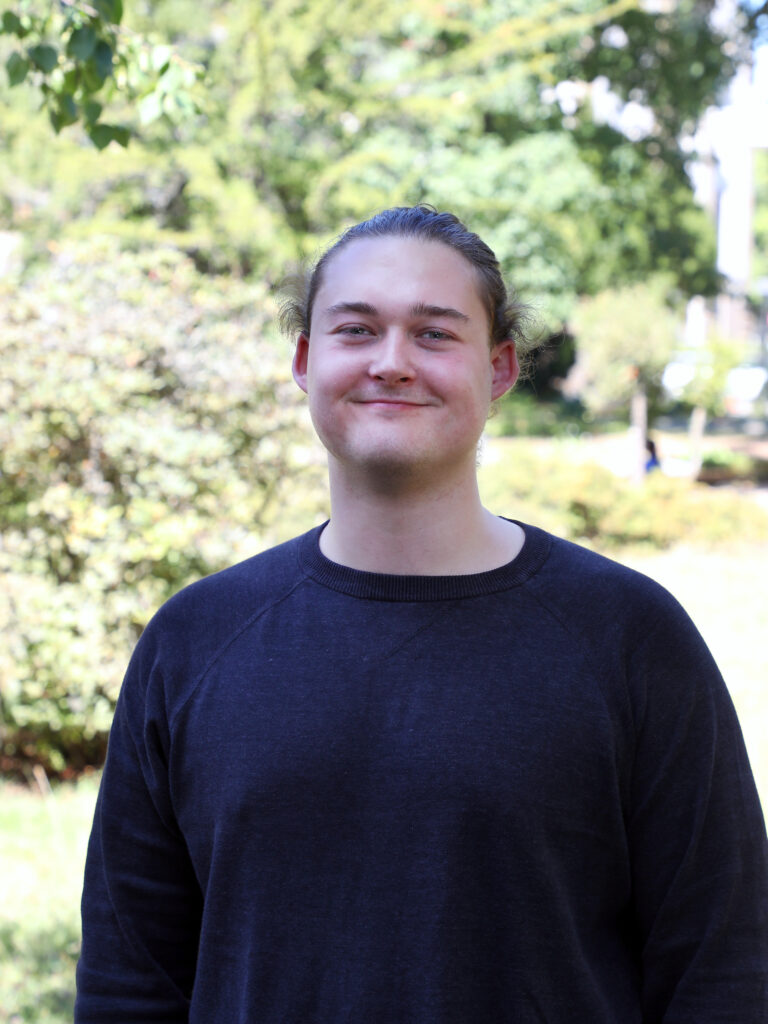
Georg Kurze, M.Sc.
Georg Kurze joined the research group in 2024 after completing his Master’s thesis on stress. In his thesis, he explored the psychological and physiological impacts of stress. Now, as a PhD student, he continues his research, focusing on the intricate interactions between stress, exhaustion and the immune system.
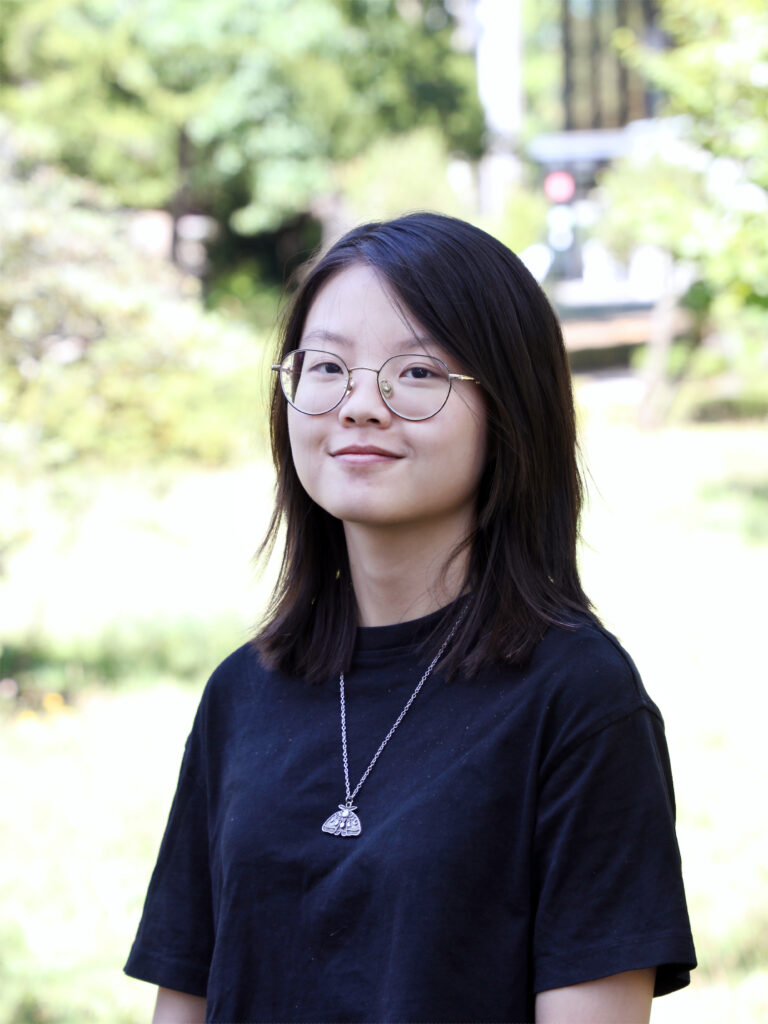
Jane Vivian Lim
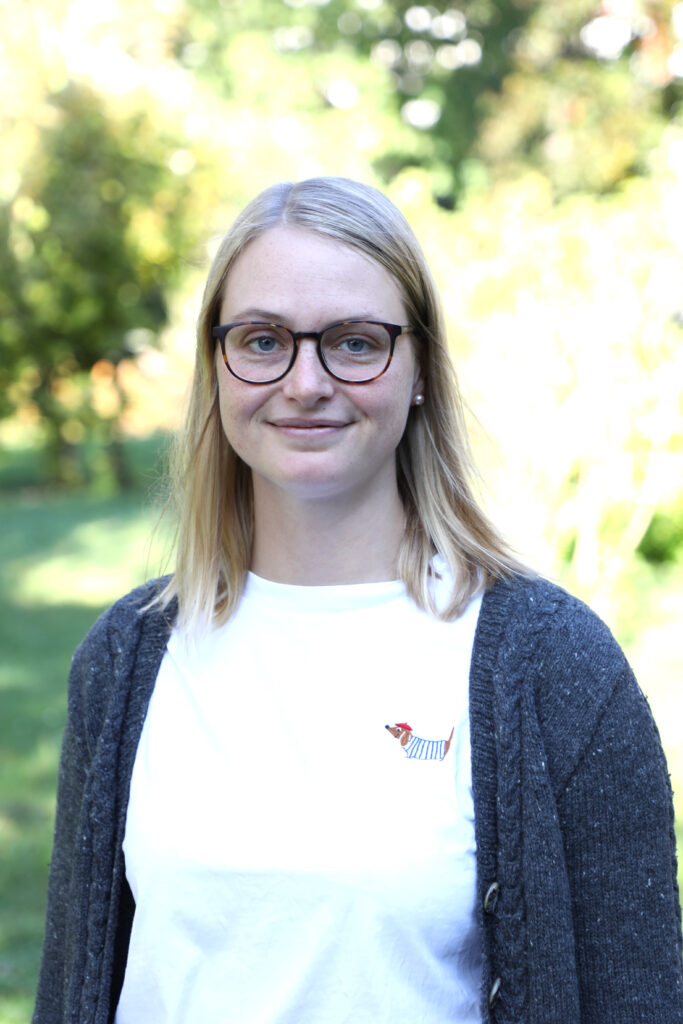
Elizabeth Michels
Elizabeth Michels joined the research group in 2024 after completing her Master’s thesis on stress and digital social support. Her thesis examined the psychological and physiological effects of stress. Now, as a PhD student, she continues to explore the relationship between stress and digitalization.
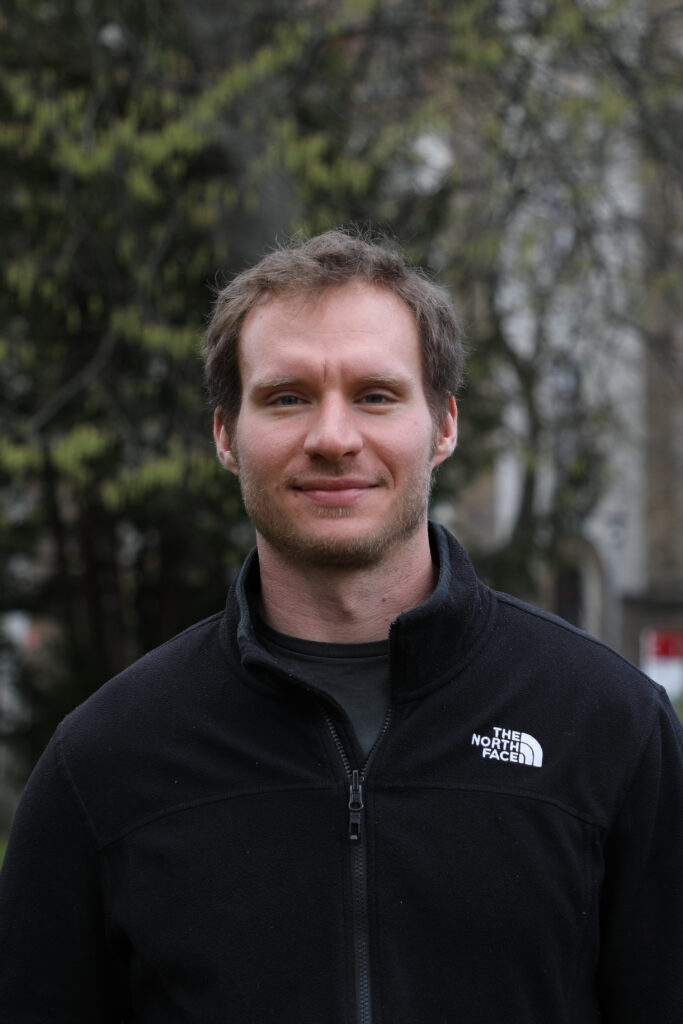
Mag. Benjamin Petter, B.Sc.
Benjamin Petter joined the research group in October 2024 after interning with Magdalena Wekenborg. He moved from Graz to Dresden for his Master’s in Cognitive Affective Neuroscience and a student research position. Currently involved in stress research, he plans to explore how mindfulness may buffer stress and enhance emotion regulation and interoception.


